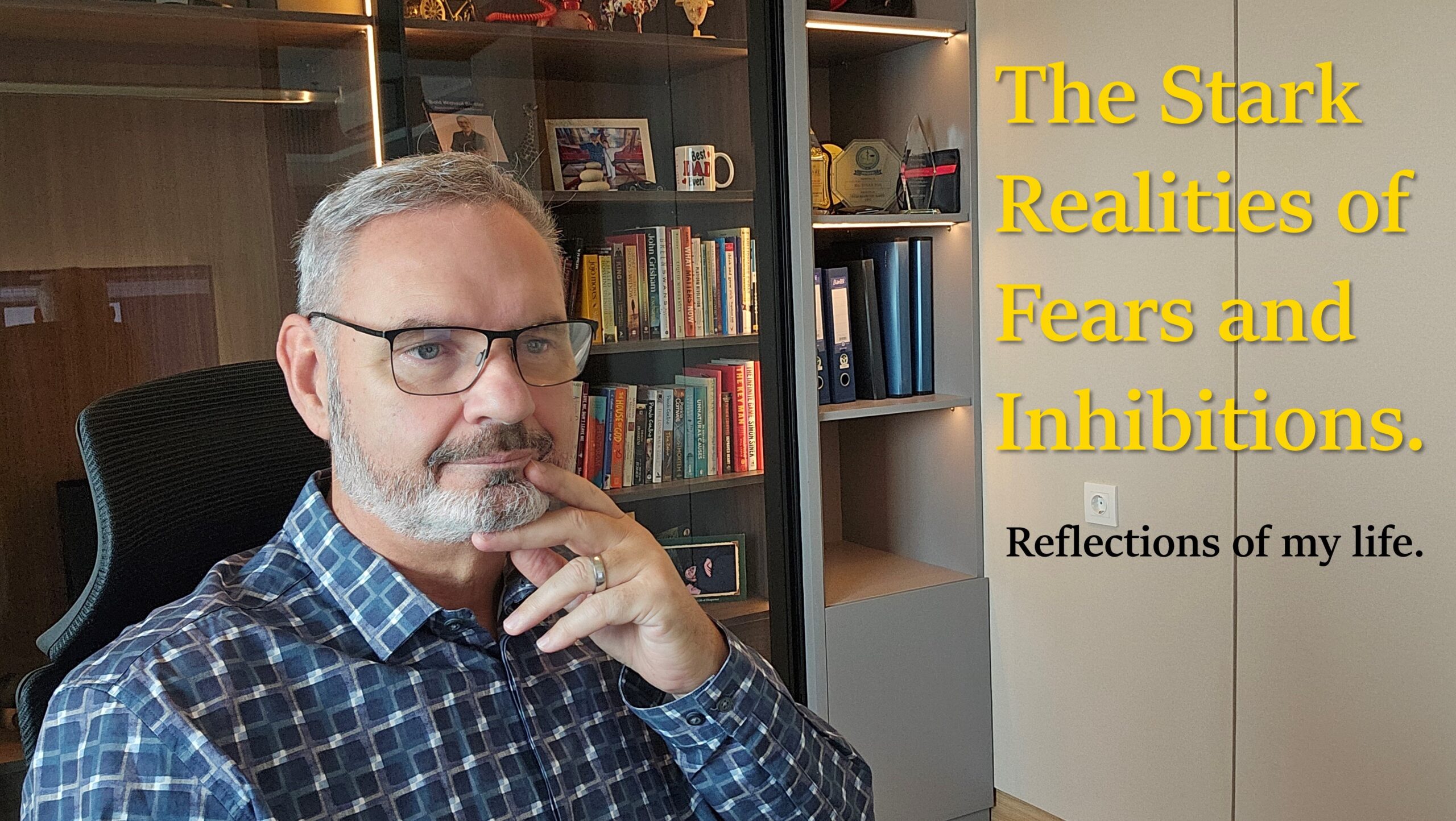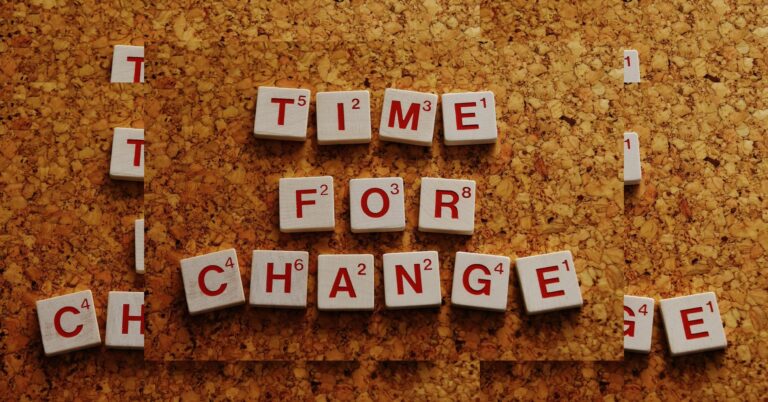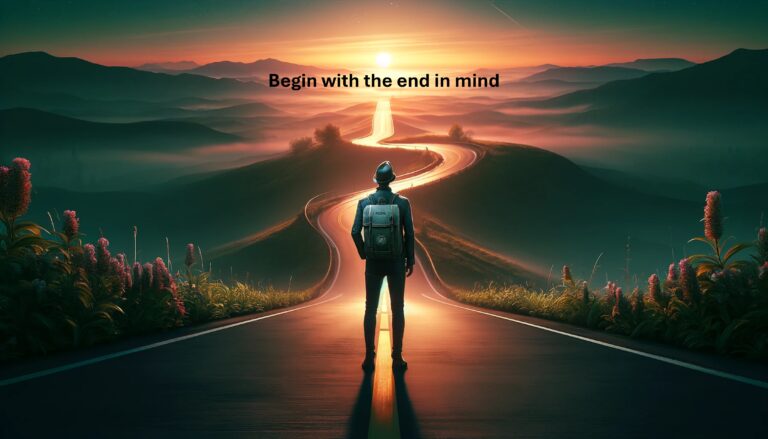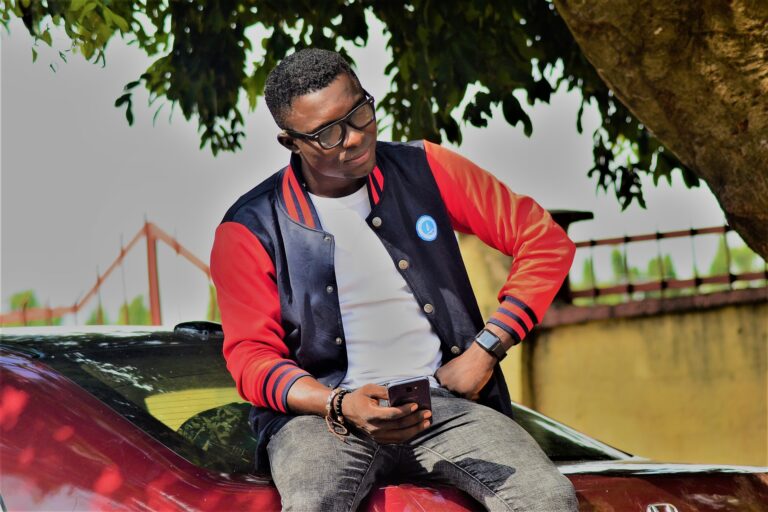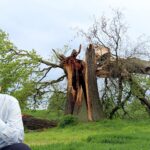This is a topic that hits close to home for many, me included. Fear is a strange yet universal experience, one that we all encounter at various points in our lives. Whether it is the fear of failure, rejection, or the unknown, fear often plants itself firmly in our minds, guiding our actions—or more often, preventing us from taking any. It is almost paradoxical. On one hand, we are aware that fear is a product of our own minds, and yet, on the other, we give it immense power to dictate our decisions. Over time, these fears shape not only our behaviour but our very identities, locking us into a narrow scope of what we believe we can or cannot do.
In my own life, fear played a significant role during one of the most challenging periods I faced. In the early 2000s, a traumatic separation and subsequent work-related difficulties left me reeling. I felt like I had lost control of everything that mattered. Fear consumed me, fear of not only losing everything but of not knowing how to pick myself back up. There is a moment when fear becomes more than just an emotion; it becomes a crippling inhibition. That period made me question my identity and capabilities. Who was I without the structure I had spent years building? And even more terrifying, how could I face the uncertainty ahead when the world felt like it had turned against me?
The fear of facing oneself—of truly confronting the person staring back in the mirror—is one of the starkest realities of life. We fear change, we fear growth, and often we fear that we are not enough. It is an uncomfortable truth that we often distract ourselves from by keeping busy, convincing ourselves that the status quo is good enough because it is familiar. This is where fear becomes not just an emotion but an inhibition. We stop exploring, we stop dreaming, and we settle into a life that feels “safe,” even though deep down, we are unsatisfied. Inhibitions are like invisible chains, holding us back from the potential that lies within us, and yet we wear them willingly, fearing what might happen if we tried to break free.
I have found that fear often masquerades as a form of protection, a defence mechanism our minds construct to shield us from pain, uncertainty, and the possibility of failure. But in truth, this protection comes at a great cost. Instead of safeguarding us, it limits our capacity to experience life fully. My journey through trauma counselling and personal development revealed this truth to me in ways I could not have anticipated. I had to confront my fears, dissect them, and understand where they stemmed from to finally begin breaking down the inhibitions that had been holding me back. The irony is that the very thing we fear—failure, rejection, pain—often becomes the stepping stone to greater strength and resilience once we face it head-on.
Working with clients over the years has shown me just how deeply rooted these fears and inhibitions can become. Many of the people I have guided have struggled with internal battles they did not even realise they were fighting. These battles often arise not from external circumstances but from within, from the narratives we tell ourselves about what we can or cannot do. People can become their own worst enemies, sabotaging their chances of growth because their fear of change is greater than their dissatisfaction with the present. I have seen this pattern play out repeatedly, both in others and in myself. But once we recognise that our fears are often illusions, projections of a worst-case scenario that may never happen, we begin to regain our agency.
The stark reality is that fear will always exist. It is a constant companion in life’s journey. But it does not have to be a barrier. In fact, fear can be a signal—an invitation to examine the parts of ourselves we have left unexamined, the corners of our lives we have left unventured. When I reflect on my own path, from that difficult period of loss and transition to where I stand now, it is clear that the moments of greatest growth came from the spaces where fear once held sway. The decision to become a trauma counsellor was not born out of comfort; it was born out of the recognition that the only way to heal myself was to dive deeper into the very areas that frightened me.
Facing these fears led to one of the most rewarding experiences of my career. Helping a client, who had been trapped in a toxic relationship, free themselves and thrive in a fulfilling new partnership was not just a professional success; it was a personal triumph. It reminded me of the strength we can find in vulnerability, of the immense growth that happens when we allow ourselves to confront the things we once thought were insurmountable. Fears and inhibitions lose their power when we begin to view them, not as threats, but as challenges we must meet.
One of the most profound lessons I have learned, both as a coach and in my personal life, is that we are far more capable than we give ourselves credit for. Our fears, though daunting, are often paper tigers. It is when we step outside of our comfort zones, when we dare to challenge the stories we have told ourselves about who we are, that we begin to see the world—and ourselves—differently. Each of us can break free from the inhibitions that hold us back, but it requires a willingness to confront the very things we have spent a lifetime avoiding.
The path to overcoming fear is not easy. It involves uncertainty, discomfort, and often a significant amount of introspection. But it is also one of the most rewarding paths we can take. Every time I encounter a new fear, whether it is a fear of failing at a new project, facing health issues, or stepping into the unknown, I remind myself of this: fear is not a stop sign. It is a signal to push forward, to break through the self-imposed limitations, and to embrace the possibilities that lie beyond.
In the end, the stark reality of fear is that it is a part of life. But the stark truth about our inhibitions is that they are a choice. We can choose to let them define us, or we can choose to confront them, to use them as fuel for growth. I have seen it in myself, and I have seen it in countless others. The moment we decide that fear no longer holds the power to control our lives is the moment we begin to truly live. And that is a reality worth striving for.

